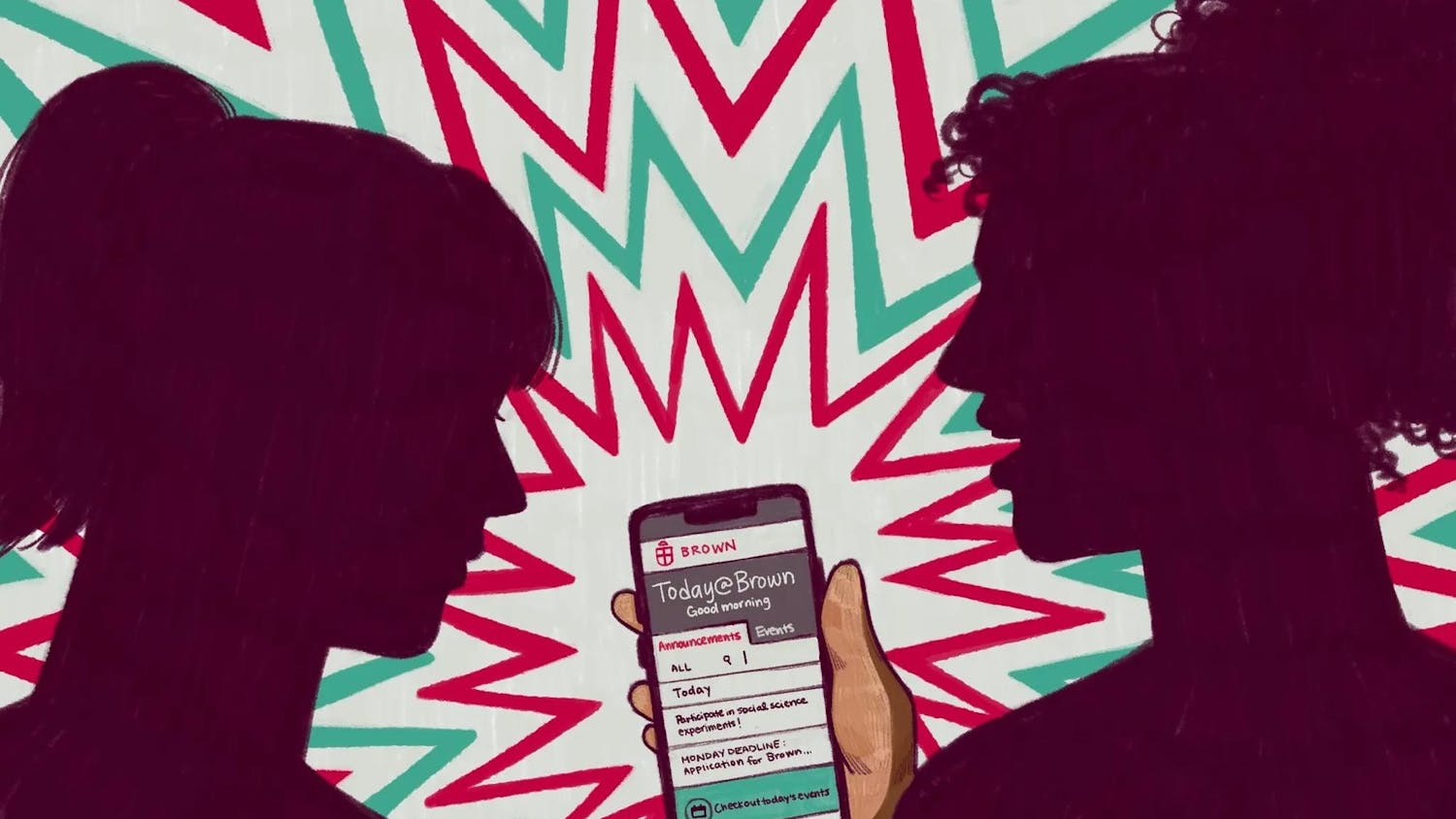Scheming to defraud, falsifying business records and criminal impersonation — these are just a taste of the criminal charges being levied against Long Island high school and college students who allegedly cheated on the SAT. According to prosecutors, the high schoolers paid college students to take the test for them at several schools. The scandal has already led to accusations against 20 students and has exposed just how easy and pervasive cheating is on standardized tests.
And these cases may just be the tip of the iceberg. For years, when the College Board and Educational Testing Service suspected cheating, test scores were canceled and test takers refunded, but high schools and colleges were never notified.
The system has created a perverse set of incentives that allows students to get away with cheating and to try again free of charge in the event they are caught. But while it is easy to blame the College Board, which administers the SAT, the fault lies much deeper and closer to home. As students attending an elite university, we are all probably aware of the pressure to succeed that is placed upon us by our parents, our teachers, our peers and most importantly ourselves.
It is this constant pressure to succeed — as success becomes less of a means to happy, fulfilling lives than an end in itself — that drives young people, not so different from us, to pay as much as $2,500 to have someone sit for a standardized test in their stead.
While very few Brown students may have done something that drastic, many do go through the trouble of illegally purchasing Adderall to fuel all-night paper writing sessions, and others benignly copy friends' answers on homework they have not yet finished. And when that upperclassman friend just happens to mention that he has some old tests saved from that really hard chemistry class, it is hard to resist taking a peek.
The problem is that an individual cannot cheat his way through life, and it is better to recognize limits earlier rather than later. What were the Long Island students going to do when their stellar SAT scores earned them fraudulent entry into a top school? If a student is willing to cheat just to get in the front door, how much more so would he be in an introductory biology course?
It is impossible to fully remove the pressure to cheat, but universities could do a better job of reducing the incentives. Brown's Admissions Office's website already makes perfectly clear that "mere quantitative credentials don't adequately explain admission decisions." The website goes on to explain that the University's approach looks at the quality of the applicant as a whole, not just their scores on standardized testing.
In fact, students who received perfect marks on one of the SAT sections still had barely more than a 20 percent acceptance rate for admission to the class of 2015. If the University wanted to accept only students with perfect SAT scores, it could easily do so. Instead, it makes seeking out candidates with diverse strengths a priority.
Other institutions should follow Brown's lead and announce that SAT scores are merely one facet in a toolbox of ways they can evaluate candidates. Perhaps by knocking the SAT off its pedestal, the craziness surrounding it will die down.
If high schoolers were reassured that a so-so SAT score is not the end of the world — and that one out-of-this-world score does not make up for years of slipshod work — there would be less incentive to cheat. Even without cheating, the amount of money families spend on SAT preparatory classes and tutoring — often thousands of dollars — is absurd and distorts the SAT as a means to compare students between different socioeconomic statuses.
Ultimately, all the focus on getting good SAT scores accomplishes is to diminish the test's value as a tool in helping colleges find the strongest students, since the affluent can, sometimes literally, buy good test scores for themselves.
In light of the current cheating scandal, it is important that the College Board review its practices to make it more difficult to impersonate someone else to take the SAT. But since no amount of security will prevent cheating, the best we can hope for is to reduce the incentive.
Beginning this endeavor will not be easy, but it starts by creating a culture that does not let our grade point averages or standardized test scores define who we truly are.
Ethan Tobias '12 is a biology concentrator from Long Island, N.Y. He can be reached at ethan_tobias@brown.edu.




